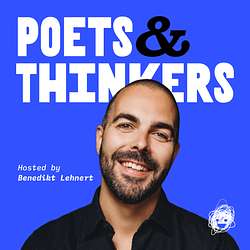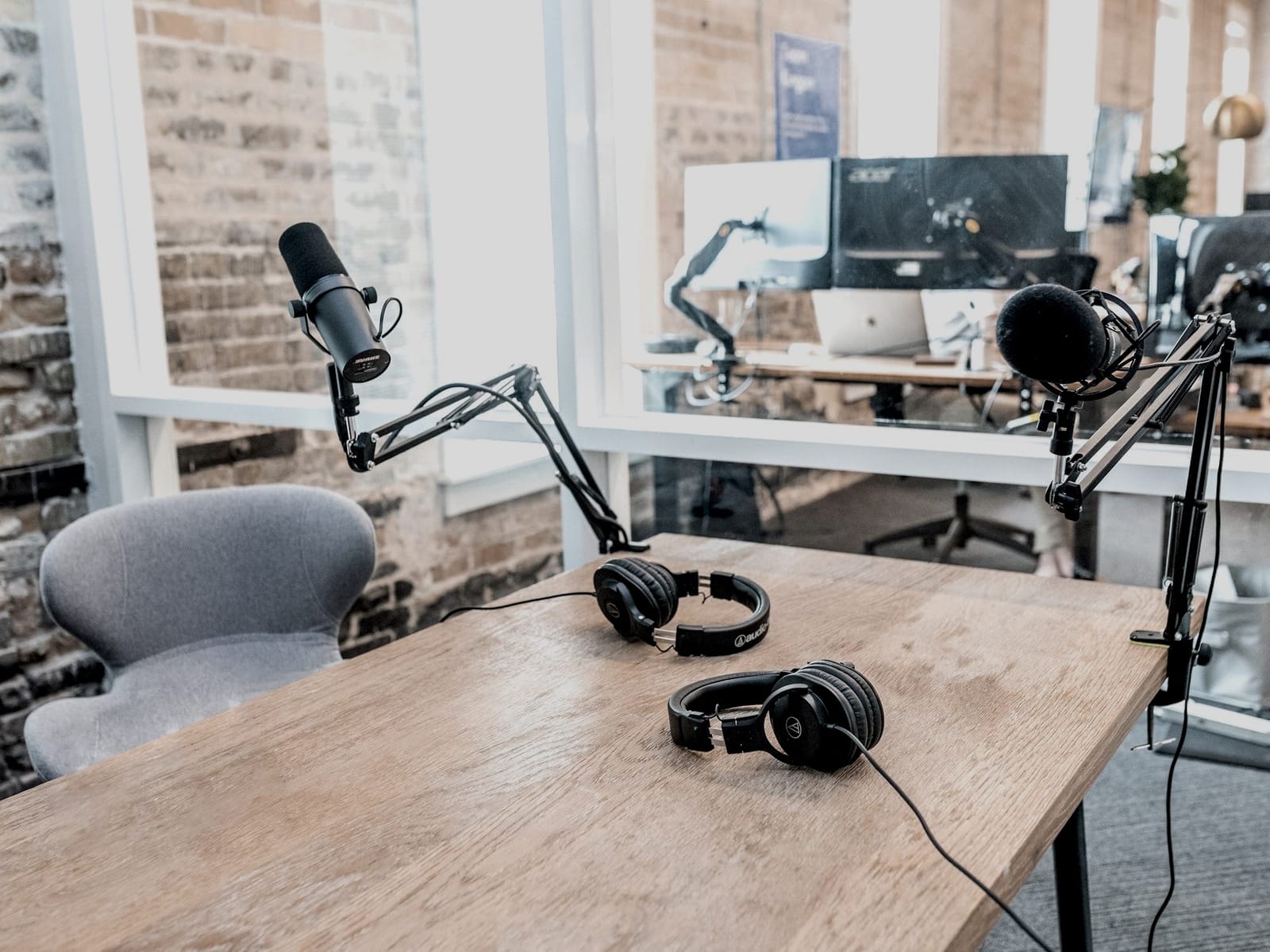Ben Lehnert invited me onto Poets & Thinkers after reading my essays on the certainty syndrome and the bullshit economy. He introduced me as an "archaeologist of the mind" (Marcel Kampmann's words, not mine) and said my work challenges everything business schools teach about productivity and efficiency. Coming from someone who interviews genuinely remarkable people, this was both flattering and terrifying.
It was my first podcast in English, something that wouldn't have happened without the useful uselessness. Starting this newsletter in February was supposed to be an exercise in coherent uselessness. Instead, it opened doors to conversations I never imagined having.
We talked about my transition from hospitals to corporate offices twenty years ago, when I discovered I couldn't tell where I found more illness. About how my four kids taught me that play is serious business for children, while business has become play for adults. The conversation went to uncomfortable places: why we've turned ourselves into emotional bureaucrats who need the right temperature, conditions, and scheduled time slots just to be intimate with another human being.
Ben let me share something I rarely admit: that writing useful uselessness is my form of quiet activism. After two decades in the system, watching it from inside, I needed to create something genuinely useless—something that couldn't be optimized, measured, or turned into a LinkedIn post about crushing it. The paradox is that this useless writing has led to many meaningful conversations. This one included.
The thing about the pause button still haunts me. When my kids fought over pausing the TV for a bathroom break, I realized: they'll never know the internal negotiation between bladder and cartoon. Many internal conflicts, that should stay in, get externalized now. We have much more difficulty in learning to wrestle with ourselves.
Ben understood immediately why this matters. Why AI might be the perfect mirror for our bullshit economy. Why our desperate need for certainty is the pathology of our time.
Listen & See:




